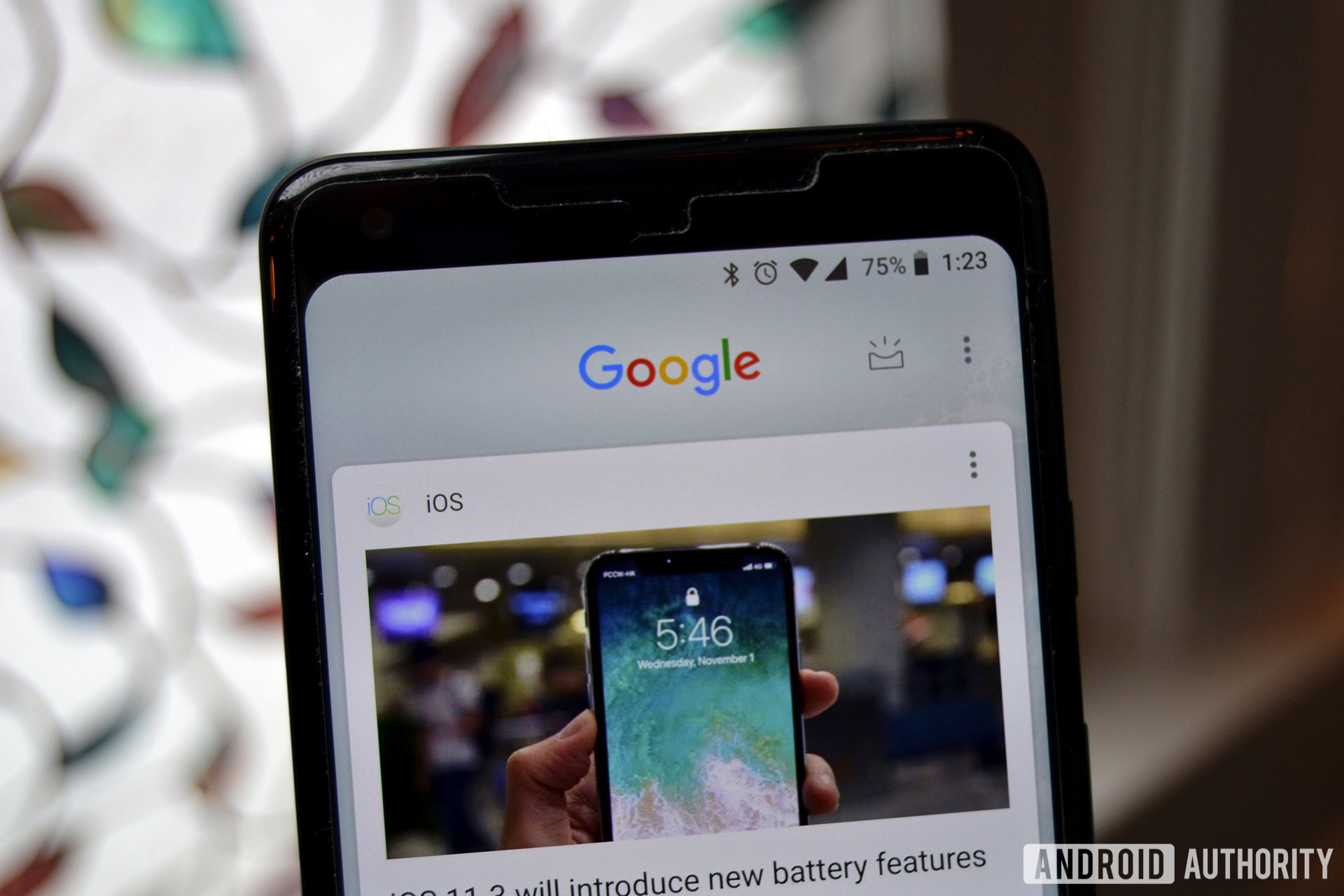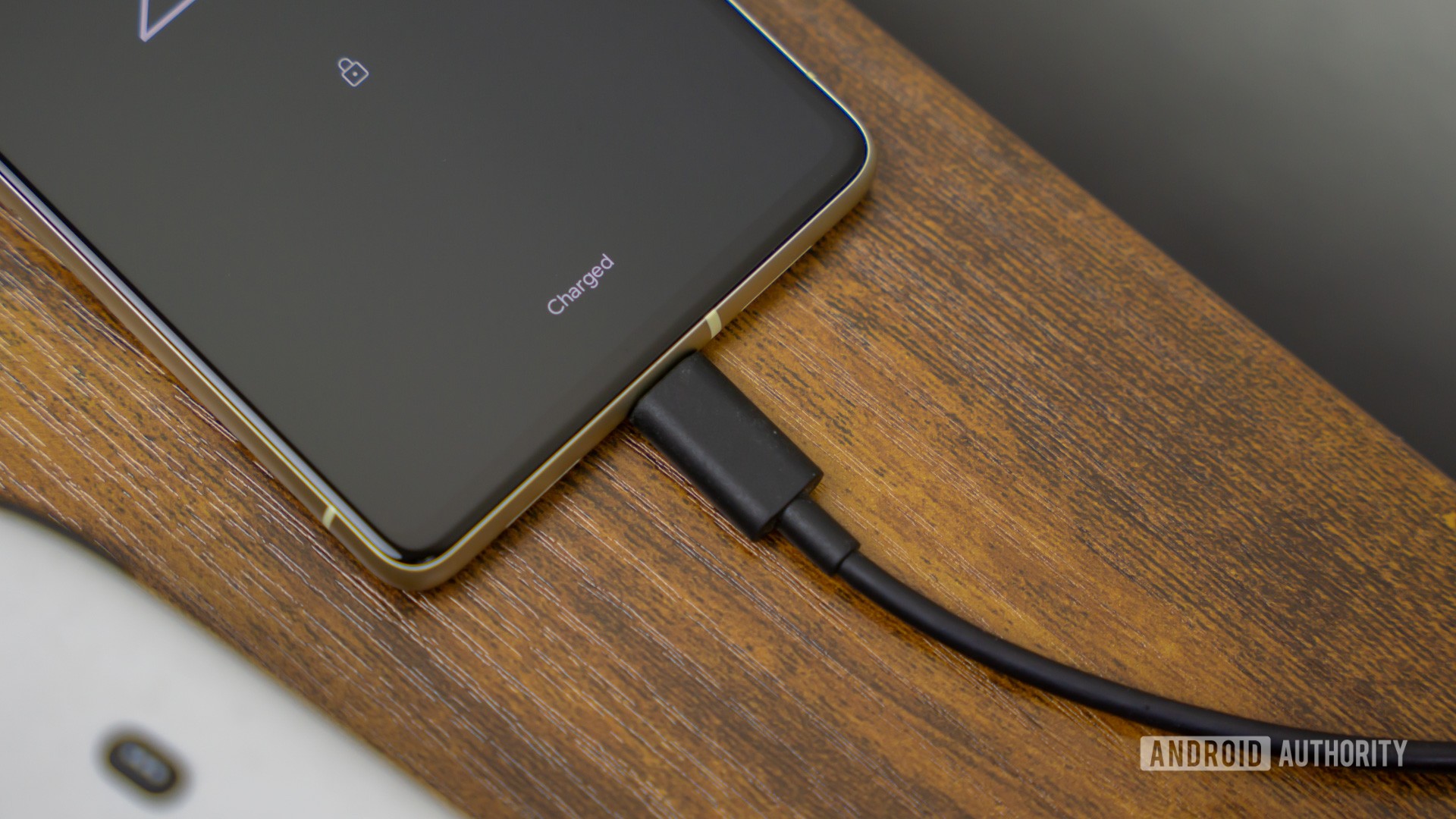Affiliate links on Android Authority may earn us a commission. Learn more.
Android Enterprise Recommended helps companies find the best business phones
Published onFebruary 21, 2018

- Buying phones for your employees can be tricky because of Android’s fragmentation and different tiers of hardware specs.
- Android Enterprise Recommended is a list of Google-approved smartphones that are perfect for employees.
- The list has 22 devices on it for now, with more coming over the rest of 2018.
When you’re buying a new Android device for yourself, it’s a tricky but relatively straightforward process. You ask yourself what you need, what you want, and what your budget is, and then set about finding the perfect phone that matches all three qualities. But what if you’re buying phones for dozens, if not hundreds of employees? That complicates things a bit more.

In response to this problem Google has launched the Android Enterprise Recommended program. This list of smartphones comes with a Google seal of approval that each one is suitable as a business device.
Google takes different factors into account when choosing which phones make the list or not. Furthermore, that qualifying list is a living document that will change over time as new devices and technologies hit the market. Right now, every device on the list must meet or exceed these specs:
- Minimum hardware specifications for Android 7.0+ devices
- Support for bulk deployment of Android devices including zero-touch enrollment
- Delivery of Android security updates within 90 days of release from Google, for a minimum of three years
- Availability of unlocked devices, direct from manufacturer or reseller
- Consistent application experience in managed profiles and on managed devices
Google emphasizes that this is not the full list of qualifications needed to earn Android Enterprise Recommended status, but instead are the essentials.
Right now, only 22 devices make the cut. It’s no surprise that the entire Pixel line is there:
- BlackBerry KEYone and Motion
- Google Pixel, Pixel XL, Pixel 2, and Pixel 2 XL
- HUAWEI Mate 10, Mate 10 Pro, P10, P10 Plus, P10 Lite, and P smart
- LG V30 and G6
- Motorola X4 and Z2
- Nokia 8
- Sony Xperia XZ1, XZ1 Compact, XZ Premium, XA2, and XA2 Ultra
In addition to standard smartphones, Google hopes to add different types of devices to the list as well, including “rugged” smartphones, mobile carriers, enterprise mobility management providers, and systems integrators.
As smartphones become an integral part of running every business, the fight for enterprise customers who have to choose between iOS and Android will rage on. Google no doubt hopes that this new program will help companies to stick with Android rather than go with the much less fragmented iOS ecosystem.